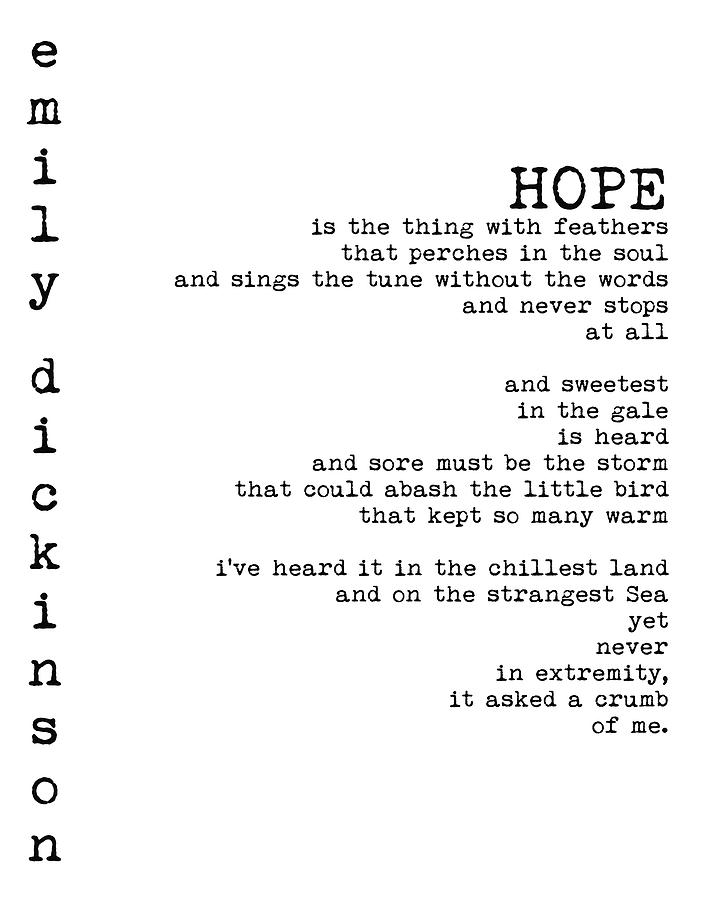January 25 was the one-year anniversary of my father-in-law's passing. Krishan Syal was a good man and one of my fathers. I miss him profoundly. I wrote this for him after he died. If I could, I would like to talk to him about what I'm going to write here. We had so many conversations about important things like this. Kris was one of the most authentic men I have had the privilege to know. He cared for me, respected me, and shared what he knew. He was a mentor and a friend. He was a father at a time when fatherhood is increasingly difficult to define. We need a new definition of what it means to be a father in the world today.
I'm reading "Of Boys And Men" by Richard V. Reeves. The book is an exploration of why the modern male is struggling, why it matters, and what we can do about that. The book addresses many elements of the male experience, and fatherhood is a prominent theme. A quote from the book stuck out for me,
A man who is integrated into a community through a role in a family, spanning generations into the past and future, will be more consistently and durably tied to the social order than a man responding chiefly to a charismatic leader, a demagogue, or a grandiose ideaology of patriotism."- George Gilder, 1973
When I read the words "charismatic leader," "demagogue" and "grandiose ideology," I don't need to think very hard to provide many contemporary examples of each one of these types of men. These are men who are lost in their perception of masculinity. They believe that to be strong, others must be weak. They possess insecurity and fear without knowing how to be humble and authentic. Locked in a zeitgeist of days gone by, they are confused about their place in a society that no longer fears them, and can no longer be controlled by them. They deny the true nature of their emotions masking them with anger and aggression. This is a diminished state of manhood that cannot be sustained. To say that our next evolutionary step forward for humanity depends on the formulation of a new definition of fatherhood is no exaggeration.



 chronicles his experiences as a concentration camp inmate and describes his psychotherapeutic method of finding a reason to live. According to Frankl, the book intends to answer the question "how was everyday life in a concentration camp reflected in the mind of the average prisoner?" He observed that prisoners who found something to do every day appeared less vulnerable to the guards, and subsequently were judged as useful in one way or another; not as expendable. I simply cannot even imagine the horror of that reality, but nonetheless, it was documented by Frankl, (perhaps that was his purpose in attempting to make any sense of the horror,) and it makes sense to me.
chronicles his experiences as a concentration camp inmate and describes his psychotherapeutic method of finding a reason to live. According to Frankl, the book intends to answer the question "how was everyday life in a concentration camp reflected in the mind of the average prisoner?" He observed that prisoners who found something to do every day appeared less vulnerable to the guards, and subsequently were judged as useful in one way or another; not as expendable. I simply cannot even imagine the horror of that reality, but nonetheless, it was documented by Frankl, (perhaps that was his purpose in attempting to make any sense of the horror,) and it makes sense to me.

